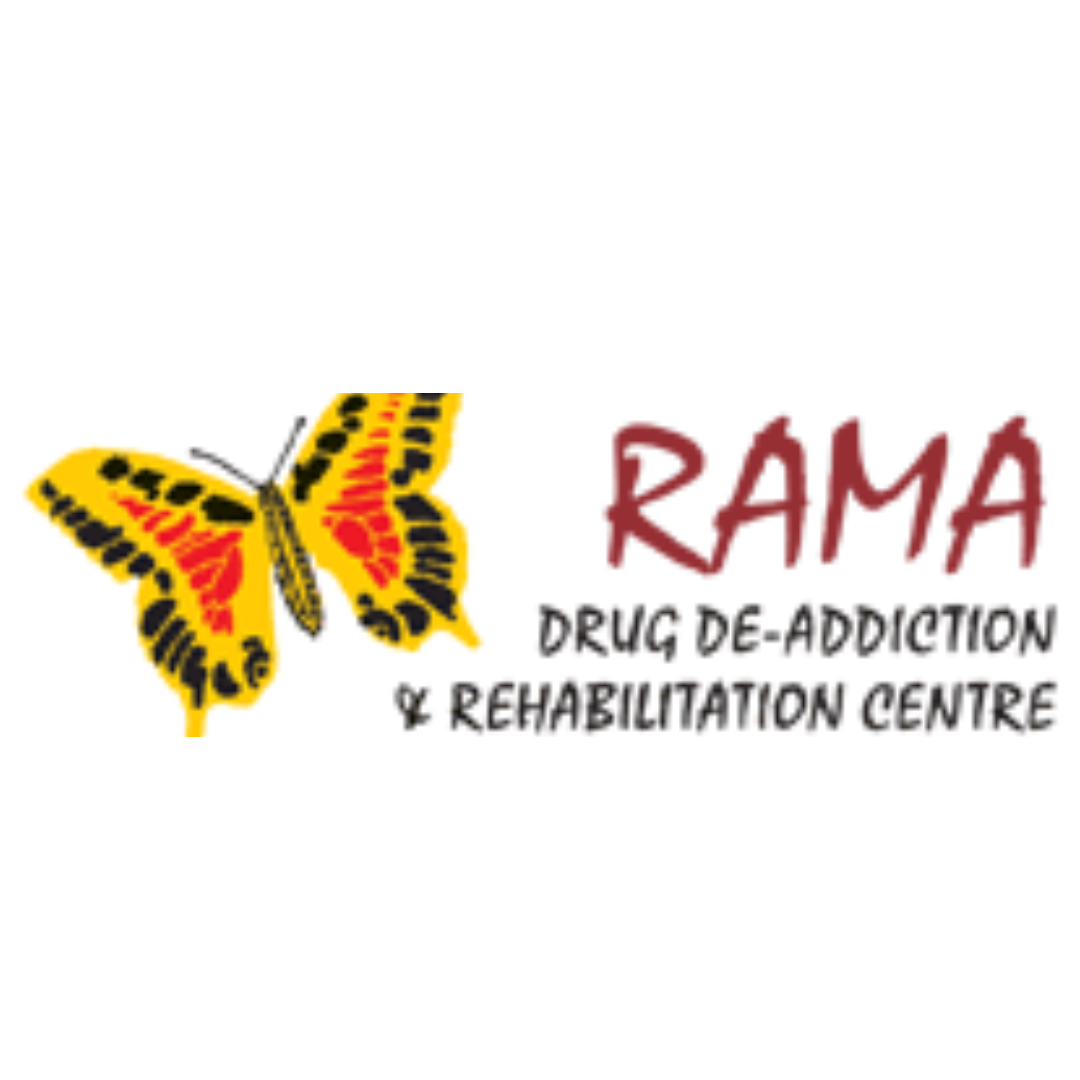Early Intervention for Teenage Drug Addiction
Teenage drug addiction is a growing concern worldwide, with many young individuals experimenting with substances at an early age. Adolescence is a vulnerable period when emotional, physical, and psychological changes make teenagers more susceptible to peer pressure, stress, and risky behavior. Drug addiction at this stage can lead to serious long-term consequences, including poor academic performance, mental health issues, damaged relationships, and even legal problems.
Early intervention is crucial to prevent teenage drug use from escalating into a chronic addiction. Identifying the signs of substance abuse and addressing the underlying causes can significantly improve a teenager’s chances of recovery. Professional support from a reputable rehabilitation centre in Chennai can provide the structured care and therapy needed to help teens overcome addiction and rebuild their lives.
Why Early Intervention Matters
Early intervention plays a key role in preventing teenage drug addiction from becoming a long-term problem. The adolescent brain is still developing, making it more susceptible to the harmful effects of drugs. Substance abuse during this period can interfere with brain development, affecting memory, decision-making, and emotional regulation.
When drug use is identified and treated early, the chances of successful recovery increase significantly. Early intervention helps prevent the escalation of substance use, reduces the risk of developing mental health issues, and improves the teen’s overall quality of life. It also helps teenagers build healthier coping mechanisms and develop a stronger sense of self-control.
Signs of Drug Addiction in Teenagers
Recognizing the early signs of drug addiction is essential for timely intervention. Parents, teachers, and caregivers should be aware of the following behavioral, physical, and emotional changes in teenagers:
1. Behavioral Changes
- Sudden drop in academic performance
- Skipping school or avoiding extracurricular activities
- Loss of interest in hobbies and friendships
- Secretive behavior and increased isolation
- Unexplained financial issues or stealing money
2. Physical Signs
- Bloodshot eyes or dilated pupils
- Sudden weight loss or gain
- Poor hygiene and grooming habits
- Frequent nosebleeds or track marks (in case of drug injection)
- Unusual body odor
3. Emotional and Psychological Changes
- Mood swings and irritability
- Depression and anxiety
- Paranoia or hallucinations
- Lack of motivation or emotional numbness
- Increased aggression or hostility
Identifying these signs early allows parents and caregivers to seek professional help from a trusted rehabilitation centre in Chennai before the addiction worsens.
Benefits of Early Intervention
Addressing drug addiction in its early stages increases the chances of a successful recovery. Early intervention provides several benefits, including:
1. Prevention of Long-Term Damage
Drug addiction can cause permanent damage to the brain and body. Early intervention helps prevent cognitive and emotional impairment by addressing substance abuse before it causes irreversible harm.
Teens who receive early treatment are less likely to experience chronic health problems, mental health disorders, and social difficulties later in life. Professional support from a rehabilitation centre helps teens develop healthier lifestyle habits and coping mechanisms.
2. Improved Academic and Social Performance
Drug addiction often leads to poor academic performance and strained relationships with family and friends. Early intervention helps teens regain focus, improve their study habits, and rebuild their social connections.
Through therapy and counseling, teens learn how to handle stress, peer pressure, and emotional challenges without resorting to substance use. This improves their self-confidence and social skills.
3. Stronger Family Relationships
Family involvement is a crucial part of the recovery process. Early intervention programs often include family therapy sessions that help rebuild trust and improve communication between parents and teens.
Teens who feel supported by their families are more likely to stay committed to their recovery journey. A rehabilitation centre in Chennai that offers family-focused programs creates a nurturing environment where teens feel understood and valued.
4. Reduced Risk of Relapse
Early intervention helps teens develop effective coping strategies and resilience, reducing the likelihood of relapse. Teens learn to identify triggers, manage stress, and build a positive support network.
Structured aftercare programs provided by a rehabilitation centre ensure that teens continue to receive guidance and support after completing their initial treatment. This helps them stay focused on their recovery goals and avoid future substance use.
Effective Early Intervention Strategies
Successful early intervention programs combine medical treatment, therapy, and lifestyle changes to address the root causes of addiction.
1. Individual and Group Therapy
Therapy is a fundamental component of addiction treatment. Cognitive-behavioral therapy (CBT) helps teens identify and change negative thought patterns and behaviors that contribute to substance use.
Group therapy sessions allow teens to connect with peers facing similar challenges. Sharing experiences and learning from others helps teens feel less isolated and more motivated to stay sober.
2. Family-Based Therapy
Family therapy helps parents and siblings understand addiction and learn how to support the teen’s recovery process. Open communication and trust-building exercises create a supportive home environment.
Family involvement also helps address any underlying family conflicts or stressors that may have contributed to the teen’s drug use.
3. Educational and Life Skills Training
Early intervention programs focus on helping teens improve their academic performance and develop essential life skills. Educational support ensures that teens don’t fall behind in their studies during treatment.
Life skills training teaches teens how to manage stress, build healthy relationships, and make responsible decisions. These skills empower them to handle life’s challenges without resorting to drugs.
4. Medical Detox and Monitoring
For teens with severe substance dependence, medical detox may be necessary to manage withdrawal symptoms safely. A professional rehabilitation centre in Chennai provides medical supervision and support to ensure a safe detox process.
After detox, teens receive ongoing medical care and mental health support to stabilize their physical and emotional health.
5. Peer Support and Mentorship
Positive peer relationships play a crucial role in preventing relapse. Early intervention programs often include peer mentorship, where teens receive guidance from others who have successfully overcome addiction.
Having a role model who understands their struggles helps teens feel more motivated and supported throughout the recovery process.
How a Rehabilitation Centre in Chennai Can Help
A reputable rehabilitation centre in Chennai offers specialized programs designed to meet the unique needs of teenagers. These programs combine medical treatment, therapy, family involvement, and educational support to provide comprehensive care.
Experienced addiction specialists, counselors, and mental health professionals work closely with teens to develop personalized treatment plans. The structured environment of a rehabilitation centre helps teens focus on recovery while receiving the emotional and medical support they need.
Rehabilitation centres also provide aftercare services, including regular counseling, peer support groups, and relapse prevention strategies. This ensures that teens remain committed to their recovery journey even after leaving the facility.
Conclusion
Early intervention is essential in preventing teenage drug addiction from becoming a lifelong problem. Identifying the signs of substance use and seeking professional help from a rehabilitation centre in Chennai increases the chances of a successful recovery.
Through therapy, medical care, and family support, teens can learn healthier coping mechanisms and rebuild their lives. Addressing addiction in its early stages empowers teens to make better choices and develop a stronger foundation for a drug-free future.














Post Comment